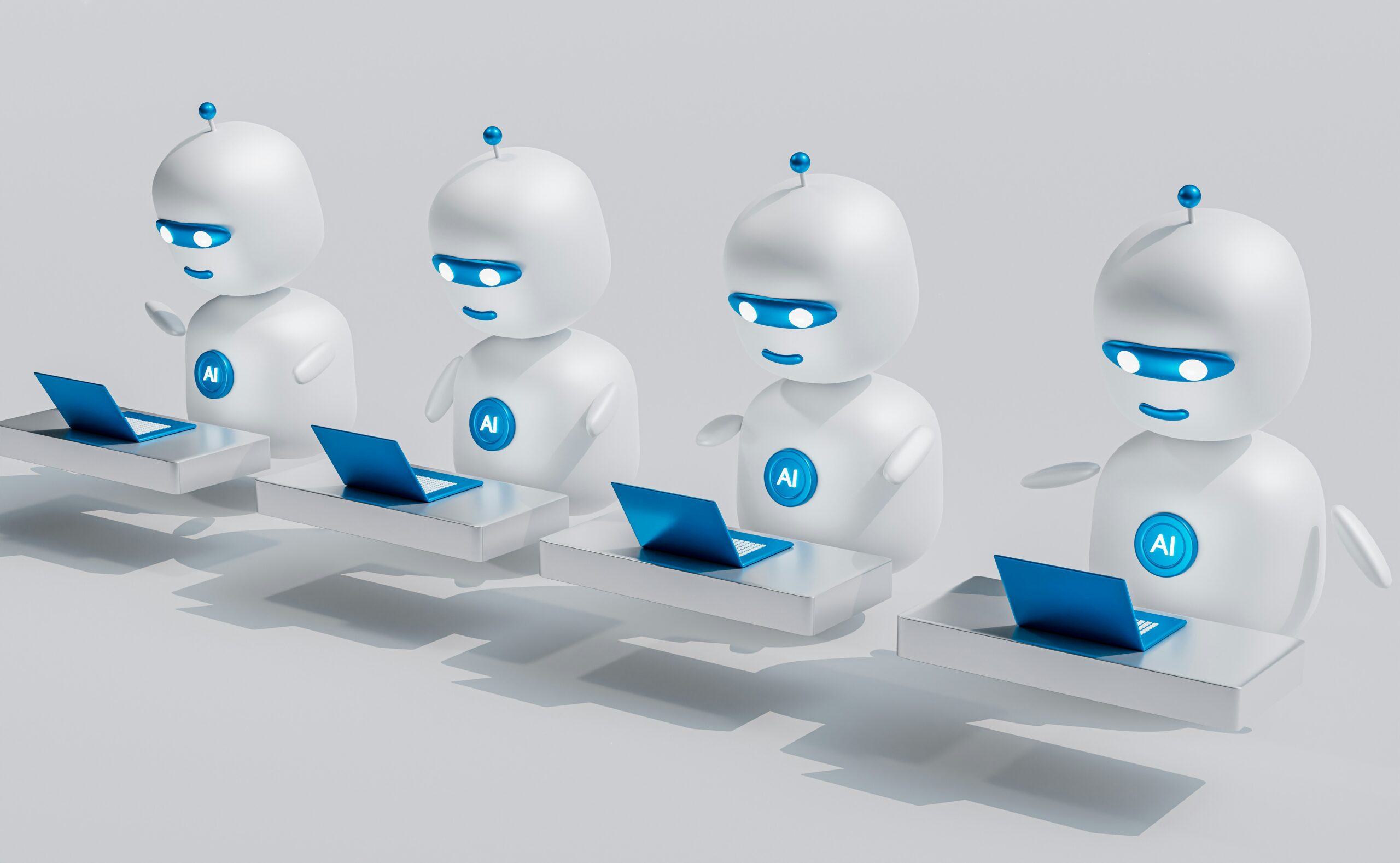With the addition of Agentgateway, the Linux Foundation is becoming a hub for agentic AI infrastructure

Over the last year we have seen the emergence of the Model Context Protocol (MCP) from Anthropic and Agent2Agent (A2A) from Google, providing a way for agents to communicate with one another. This week, Solo.io released the Agentgateway to the Linux Foundation as a way to enforce policies as agents move through an organization, a key piece that had been missing to this point.
In a blog post announcing the release of the open source project, Solo’s director of Open Source Lin Sun said that Agentgateway “provides drop-in security, observability and governance for agent-to-agent and agent-to-tool communication and supports leading interoperable protocols, including A2A and MCP.”
It’s essentially a security checkpoint for software agents, ensuring they only act within approved boundaries. While protocols like A2A and MCP focus on how agents communicate, Agentgateway is designed to control what they are allowed to do. Agentgateway joins A2A and the AGNTCY as agentic tooling now under the Linux Foundation open source umbrella. While MCP is open source, it remains under the auspices of Anthropic for the time being.
Solo founder and CEO Idit Levine says that having this gateway is essential for controlling agent behavior. While authorization has always been a key part of managing how software systems interact, it becomes even more important when an AI agent is operating independently, making it crucial to limit what actions it can take without human oversight.
“If an agent is acting on behalf of the user, it’s like a machine carrying out tasks for them. That means I need a whole new kind of identity: What does this agent represent? What should it be allowed to do,” Levine explained. For example, you might not want to give an agent the ability to delete a cluster without getting clearance from a human first, so developers have to consider this very carefully as they build agents. “Maybe I want to limit what it can do. Enforcing these kinds of limits is exactly what the enforcement point for agents is all about,” she said.
Can Agentgateway take off?
The Agentgateway is designed to provide that level of control. But Jason Andersen, an analyst with Moor Insights & Strategies, says while open source projects like this are generally a good thing, it’s going to depend on whether companies adopt this approach.
“What really matters is ecosystem adoption, which is what got MCP off the ground so fast. For me, once a company open sources its technology, that’s when the real work begins. The big question is how Solo.io will drive market education and adoption,” Andersen told FastForward.
For me, once a company open sources its technology, that’s when the real work begins. The big question is how Solo.io will drive market education and adoption.
That’s why it’s notable that Amazon, Microsoft, IBM, and Cisco have already shown interest through pull requests—code contributions or suggested changes to the project—or by attending community meetings. Big-company involvement is key as the industry looks for open-source standards for agentic AI. Kubernetes gained momentum eight years ago when AWS, Oracle, Microsoft, VMware, and Pivotal all joined the Cloud Native Computing Foundation in a six-week period.
Choosing an approach
But Andersen says there are many rivers to cross before it gets to the level Kubernetes enjoyed when big companies came pouring in. It’s really a chicken/egg situation. This type of tooling needs to be in place for agents to succeed, yet most companies are still trying to decide how to approach this problem.
“To really get value from a gateway, you need two things. First, scale, meaning you need customers who are actually struggling with too many agent integrations, and we may not be there yet. Second, companies have to decide whether they want a dedicated agent gateway solution or if this function should be built into their existing enterprise-wide API gateway platforms,” he said.
This raises a key strategic question for businesses: Is 'agent governance' simply a new feature to be added to existing API management platforms, or is it an entirely new product category that requires its own dedicated solution? Solo is betting it’s going to require an entirely new approach designed from the ground up for AI.
And Levine says the demand is there already. Companies were begging to see this product before it was even ready, she said. “That's the question we need to ask ourselves — why are people very aggressive about this? And I feel that the answer is because there's no option like this,” she said.
Featured photo by Sam Moghadam on Unsplash





